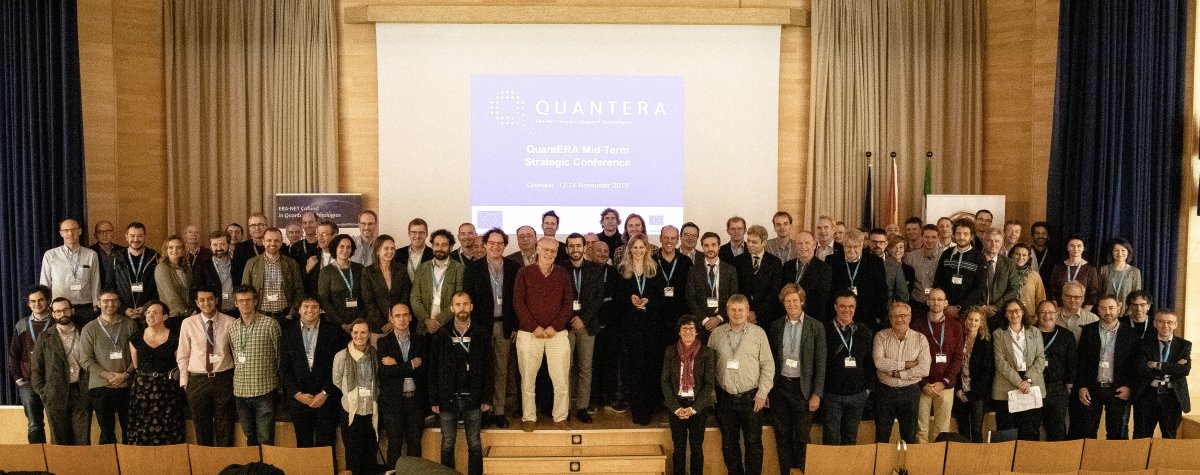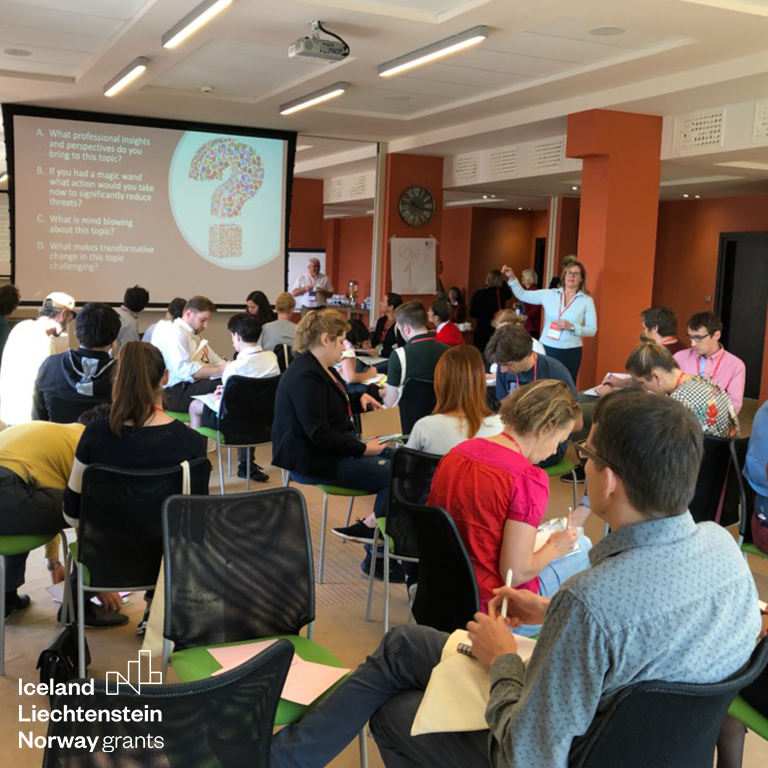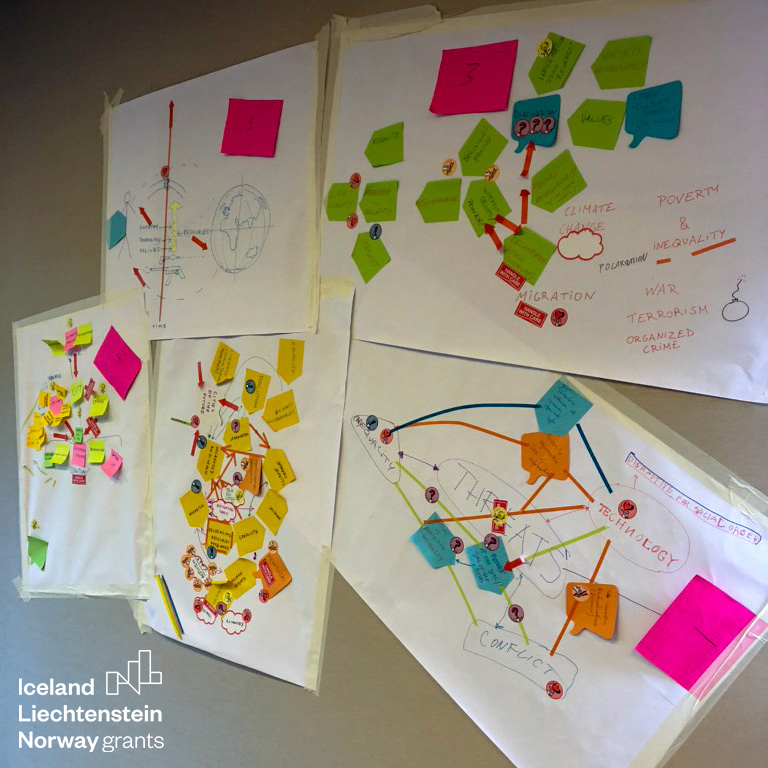Mid-Term Conference Follow-up
QuantERA Mid-Term Strategic Conference gathered more than 100 participants at the premises of the University of Granada, Spain on 13-14 November, 2019. The event was hosted by the University of Granada and Agencia Estatal de Investigacion (AEI) – a research funding organisation from Spain and QuantERA partner institution.
Materials from the meeting are available under the links in the text below.
The aim of the meeting was to present an overview of the current state of the quantum technology research funding in Europe and conduct a mid-term evaluation of the projects funded within the QuantERA Call 2017. The organizers managed to bring together a wide representation of various stakeholders, incl. European Commission, Quantum Flagship, QuantERA Projects, Research Funding Organisations, industry and quantum community. This resulted in fruitful discussions, spontaneous networking and valuable insights that could be used for future development of the QuantERA programme.
The meeting started with a warm welcome by prof. Enrique Playán Jubillar (AEI Director) and prof. Konrad Banaszek (the QuantERA Scientific Coordinator) followed by an absorbing key note speech given by prof. Nicolas Gisin and speeches of Mr. Pascal Maillot (European Commission) and prof. Tommaso Calarco (the Quantum Flagship). The landscape of the quantum research in Europe was complimented with insightful conclusions of the following guests within two panel discussions:
- Thierry Debuisschert (Science & Engineering Board of the Quantum Flagship; Thales Research & Technology),
- Elisabeth Giacobino (QT Flagship Scientific Advisory Board),
- Freeke Heijmann (QuTech Delft),
- Yasser Omar (Quantum Community Network),
- Javier Praena (IFMIF-DONES),
- Ana Predojević (project HYPER-U-P-S, Stockholm University),
- Juan José Ripoll (Network of Excellence Quantum Spain),
- Rob Sewell (The Institute of Photonic Sciences),
- Marek Żukowski (International Centre for Theory of Quantum Technologies).

All 26 QuantERA projects funded within Call 2017 were presented during the scientific sessions which formed the key part of the event and provided ground for engaging discussions which exceeded the timeframe of the meeting. Mid-term presentations of the 26 QuantERA projects funded within the Call 2017 will be soon available at the subpages of individual projects at www.quantera.eu.
The event posed also a chance to meet the Coordinators of the projects recommended for funding within the QuantERA Call 2019 during an Introductory Meeting (presentation from the meeting is available here).
Prof. Konrad Banaszek, the Scientific Coordinator of QuantERA highlighted that “Projects funded in QuantERA Call 2017 produced a significant number of very exciting scientific results that were reported at mid-term review presentations. It was very gratifying for organisations participating in the QuantERA initiative to see that our programme has become an important component of supporting European research into quantum technologies.“
On behalf of the whole QuantERA Consortium we would like to take this opportunity to thank all the participants for their active engagement and valuable insights!
The opening presentation from the event:
Contact:
- Sylwia Kostka, e-mail: sylwia.kostka@ncn.gov.pl, tel: +48 12 341 9018
- Marlena Wosiak, e-mail: marlena.wosiak@ncn.gov.pl, tel: +48 12 341 9018



